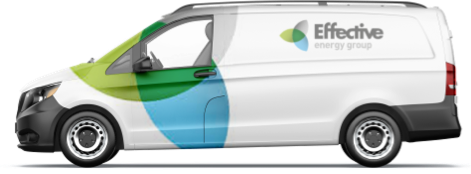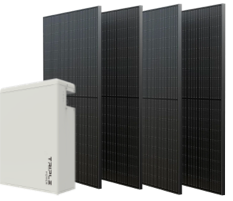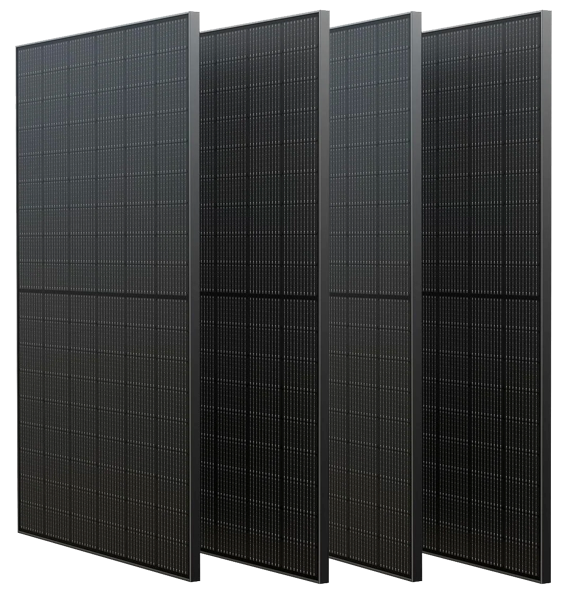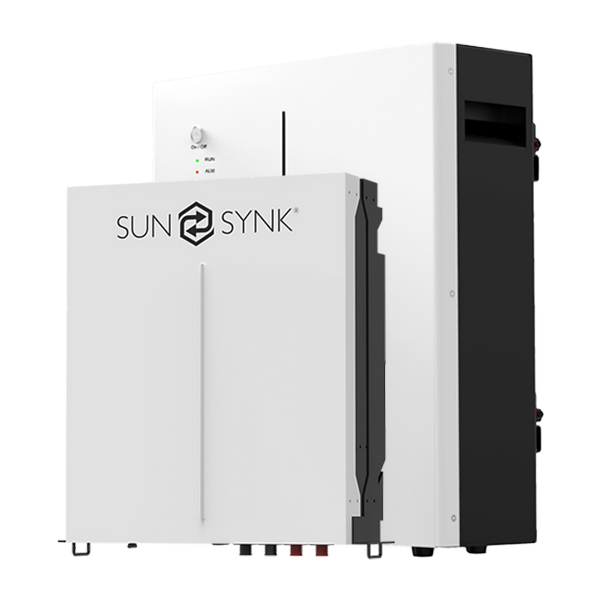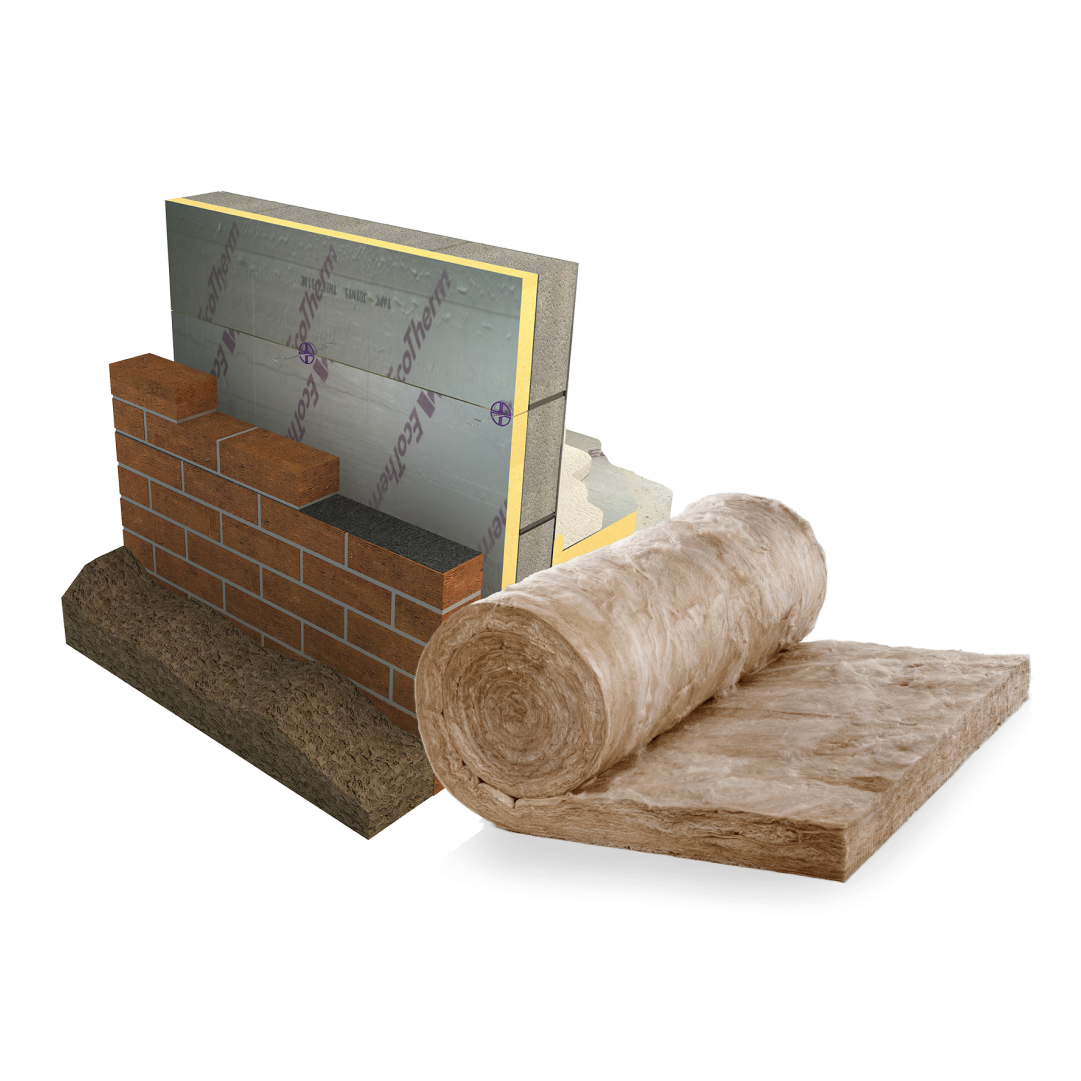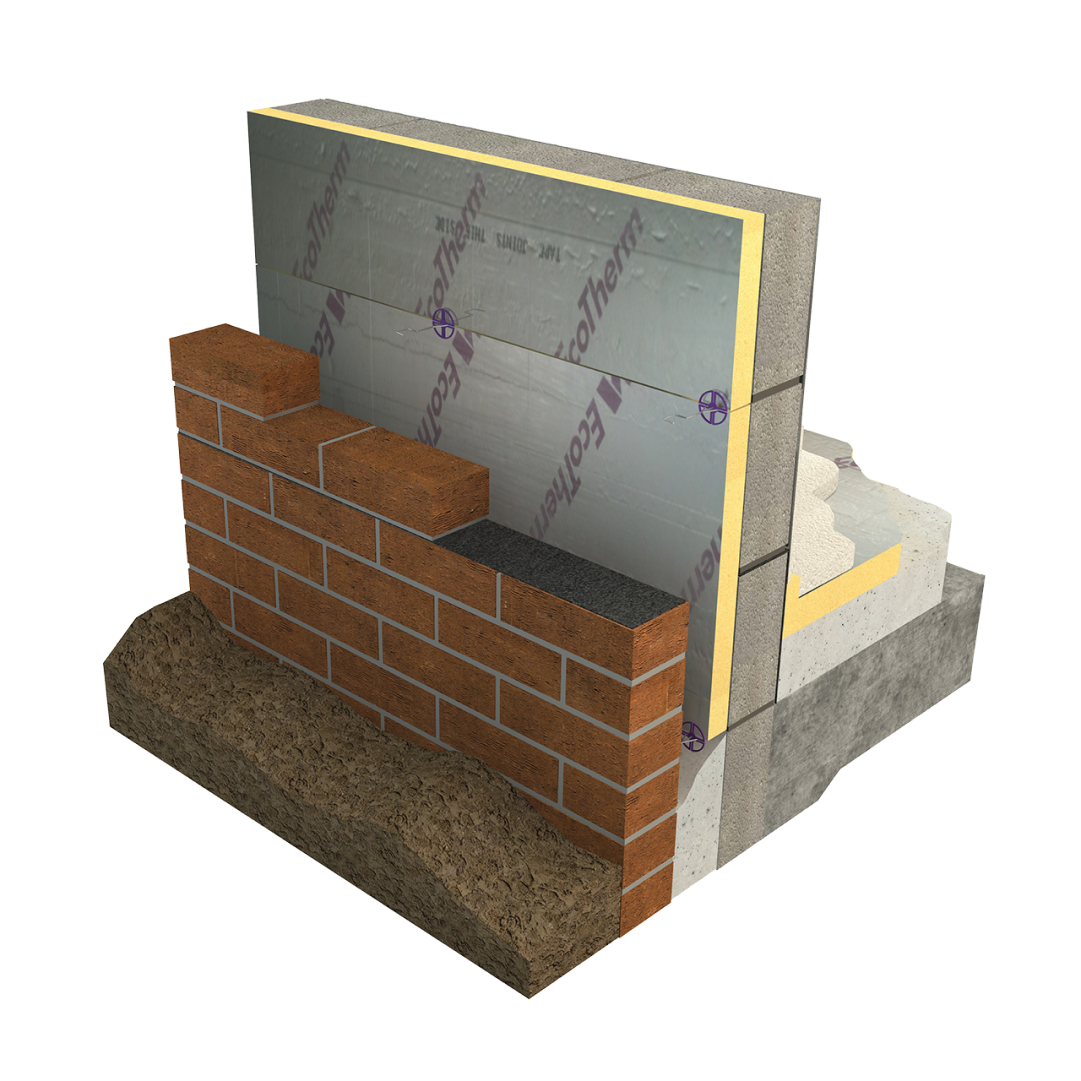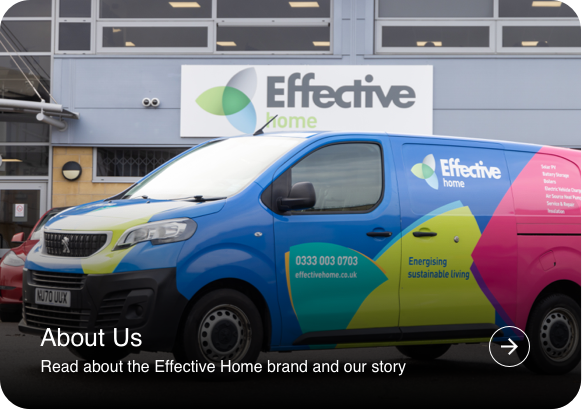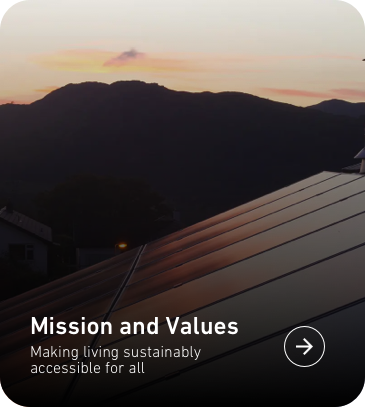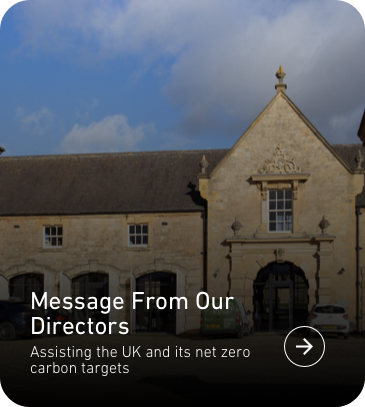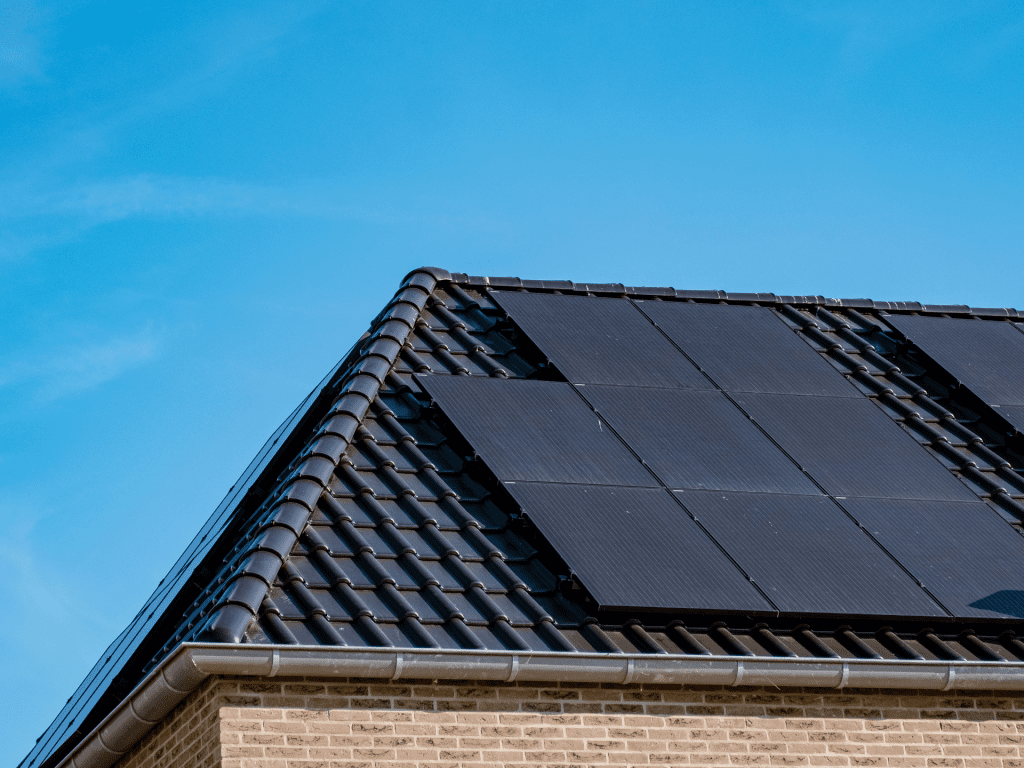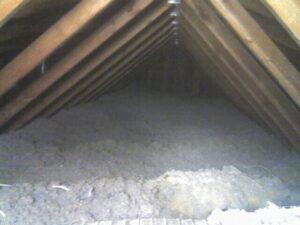While the world continues to fight against climate change, everyone must do their bit to reduce their own carbon footprints. One of the most important factors we can influence is our energy usage, but we understand that breaking lifelong habits can be difficult.
Whilst creating habits like turning your devices off at the wall and minimising your light usage are important, why not take it a step further? By installing solar panels on the roof of your home, not only will your household be using electricity generated through sustainable and environmentally friendly means – meaning you’ll rely on renewable energy to power your home – you will also see a reduction in your electricity bills. Let Effective Home help with your new solar panel installation today.
Since their inception, the technology involved in solar energy generation has drastically improved. Meaning that the solar panel costs have dramatically fallen, and a solar panel installation is no longer a pipe dream for the average household. But how much do solar panels cost in the UK? Below, we have included all the information you need to know relating to the overall solar panel cost of your solar PV panels, how long they will last, and the reasons why you should take the plunge and purchase your own.
What Is The Average Cost Of Solar Panels In The UK?
There are a variety of factors that will influence the final price of your solar PV system. How many solar panels are required, your household’s power needs, solar panel installation costs, the materials used, and any additional components are just a selection of the impacting factors.
However, the average UK household will require a 4kW solar system. Typically, a 4kW system will require approximately 10 solar panels, which will cost you around £7,000.
In the table below, we have outlined the recommended system size and panels depending on the size of your property, and how much that may cost you on average. These figures are just a rough guide, and are not standard. Prices will vary based on your individual installation.
Contact Effective Home today for an accurate solar quote.
- Create a Tailored Quote Based On Your Circumstances
- Takes Less Than 2 Minutes
- Fixed-Online Quotes

| Property size | Recommended system size | Recommended number of panels | Estimated solar panel system cost |
| 1-2 bedrooms | 2kW | 6 | £5,500 |
| 3 bedrooms | 4kW | 10 | £6,800 |
| 4+ bedrooms | 6kW | 14 | £8,000 |
How Do You Calculate The Price Of A Solar Panel System?
When calculating how much your solar system will cost, there are four main factors that will influence the final price. These factors are:
- What type of material your solar panels are made out of: The two most common types of solar panels are either monocrystalline or polycrystalline. The former is more efficient than the latter, and is therefore more expensive.
- The efficiency rating of your solar panels: Your solar panel system’s ability to convert sunlight into electricity is expressed as a percentage. Typically, solar panel efficiency percentage ranges from 18% to 22%, with the best panels on the market having an efficiency rating of 24%.
- How many solar panels you need: When you have worked out how much your household uses, you will know how many solar panels you will require. The more solar panels you need, the more expensive your system becomes.
- Type of solar panels: Although solar PV panels in the UK are far more common, some households find solar thermal systems to be useful too. Thermal systems differ from PV in that they work by heating a transfer fluid which passes through a heat exchanger to generate hot water. PV panels generate electricity instead. PV systems are more expensive than thermal though, but generally bring significantly higher savings.
Additional costs that you may need to take into consideration include:
- Price of a solar panel inverter: In order to use the electricity generated by your solar panels you will need a solar inverter to convert the DC power generated into AC power which is used in UK homes. Typically, an inverter will cost you between £500 to £1,000, and will need to be replaced during the course of your system’s lifespan.
- Maintenance costs: With solar panels being installed outside, naturally they will face harsh weather conditions and could get damaged. Solar panel repairs can cost you anywhere between £80 to £1,500 depending on the nature of the damage.
- Cleaning: If you are unable to access your solar panels to clean them, then you may need to hire a professional to do so. Typically, a professional will charge you around £100 per visit, and you should clean your solar panels at least once a year.
- Solar panel installation cost: Every solar panel installer will have different solar panel labour costs associated with the installation. That’s without considering the difference in solar panel prices themselves that are offered between each installer. Labour costs can vary significantly, so be sure to get a thorough quote before agreeing to any installation so you know exactly what you’re spending and on what.
Can I Get Free Solar Panels In The UK?
Currently, there are two government grants that you may be eligible for that will provide you with free solar panels. These are the Energy Company Obligation scheme (ECO4) and the Home Upgrade Scheme.
What Is The ECO4 scheme?
Having launched in July 2022, the ECO4 scheme aims to tackle fuel poverty and reduce carbon emissions. The scheme will run until March 2026 and is available to residents in England, Wales, and Scotland. To claim free solar panels through the ECO4 scheme, you need to fulfil the following criteria:
- Your combined household must earn less than £31,000 a year.
- At least one member must claim one of these means-tested benefits.
- Your house must have an Energy Performance Certificate (EPC) rating of D or lower.
What Is The Home Upgrade Scheme?
Also known as HUG2, the Home Upgrade Scheme launched in April 2023 and will run until March 2025. As part of the scheme, households can be awarded grants up to £10,000 to help finance the installation of solar panel systems and other energy efficiency improvements. In order to be eligible for this scheme, you must:
- Live in a property with an EPC rating of D or lower.
- Have a combined household income of £31,000 or less.
- Alternatively, your property must be located in an ‘economically deprived neighbourhood’.
The criteria differs when it comes to owning private property that you rent out as a landlord. Only landlords that have a maximum of four properties are eligible for the grant, and they must contribute one-third of the costs of the improvements installed.
How Much Money Can I Save By Purchasing Solar Panels?
Similar to how much your solar system may cost you to purchase, the amount of money you may save will vary. If you are looking at your month-on-month savings, you will save more during the summer months due to the sunny weather conditions compared to the winter months when there are less sunlight hours. Additional impacts you will need to take into consideration are:
- The amount of electricity your household uses.
- The size of your solar system.
- Whether you will take advantage of any financial schemes – if you have excess solar generated energy, you can sell the power back to the national grid to earn some extra money.
To give you an idea of the potential money you could save through the installation of a solar panel system, the table below features a selection of average saving figures based on 3kW, 4kW, and 6kWh systems and average usage numbers:
| System | Average cost | Average energy consumption | Average savings in a year | Average savings in 25 years | Predicted break even point |
| 3kW system | £5,000 | 1,800kWh | £486 | £12,114 | 12 years |
| 4kW system | £7,000 | 2,700kWh | £729 | £18,225 | 10 years |
| 6kW system | £10,000 | 4,100kWh | £1,107 | £27,675 | 9 years |
- Create a Tailored Quote Based On Your Circumstances
- Takes Less Than 2 Minutes
- Fixed-Online Quotes

Five Reasons Why You Should Install Solar Panels
While moving away from using the national grid to your personal generated solar power may be quite daunting, there are a host of benefits waiting for those that make the change, and at Effective Home we’ve seen them all come to fruition with our clients over the years.
Below, we have picked our top five reasons as to why you should install a solar system in your home.
1. Cut Your Energy Bills
One of the most well-known and discussed benefits of moving to solar energy is the fact that it will result in a reduction in your electricity bills.
While you are utilising the energy generated by your solar panels, you will not be as reliant on the national grid, meaning you won’t owe money to a large energy company for the electricity you use. As you continue to make savings there will come a point (see the table above) where your solar panels will have paid for themselves.
2. Help Fight Climate Change
Solar Energy is a sustainable and ‘green’ method of generating electricity which can power your home. The electricity that comes from your solar panels will have been created without any greenhouse gas emissions or any water use or air pollution.
As the world battles against climate change, everyone is looking to do their bit to reduce their carbon footprints. Installing solar panels is an easy and very effective method to get involved in the fight.
3. Boost Your Property Value
Installing solar panels on the roof of your property will make your home more attractive to future buyers if you ever think about relocating.
This is because house hunters will know all about the benefits that come along with solar panels, yet they will not need to install them themselves. An added benefit is that your house could sell quicker if it appears more attractive to buyers, who may compete for your home during the bidding process.
4. Promote Energy Independence
Households that have solar panel systems (especially those with solar batteries installed too) have greater independence from the national grid compared to those that don’t, meaning that they aren’t as vulnerable to unknown quantities that could negatively impact the country’s energy supply.
Factors like price fluctuations, supply disruptions, and geopolitical conflicts (like the War in Ukraine) have all affected both energy prices and the supply of power in the UK recently. By having your own supply of energy, you are less susceptible to these changes, and you will also lessen the burden placed on the national grid.
5. Solar Panels Are Long-Lasting And Low Maintenance
On average, a solar panel system will last you between 25 to 30 years with solar panels featuring warranties that last at least half the amount of their predicted lifespan. This provides customers with greater peace of mind when purchasing solar panels.
Additionally, compared to other energy generation methods, solar panels are relatively low maintenance. To make sure your solar panels are working as they should, you simply need to clean and inspect the panels. Both tasks can be done by trades people, meaning you don’t have to, and they only need to be completed annually.
How Much Do Solar Panels Cost UK FAQs:
What Components Make Up A Solar System?
There are seven main components that will make up your solar system to maximise its efficiency levels. These components are:
- Solar panels: Of course, a solar system requires solar panels in order to be operational. There are three main different types of solar panels available, which are: monocrystalline, polycrystalline, and thin-film solar panels.
- Solar power system disconnects: This electrical switch allows you to cut-off your solar panel’s DC power output. The system disconnects is an essential part of the system, especially when there is a fault or you need to conduct repairs.
- Battery charge controller: The controller ensures that your solar panel batteries do not get overcharged and that there is consistent electrical power being sent to your solar batteries.
- Deep cycle battery storage: Ensuring that you have electrical power available during the evening and cloudy days, your deep cycle battery storage stores the power generated by your solar panels.
- System power system metering: While this is considered an optional component for your solar panel system, you will have a meter for your boiler, so why wouldn’t you have one for your solar power system? The meter will let you know how much power your solar panels are generating.
- Solar inverter: Another essential component to include in your solar system is your solar inverter. The inverter will work to convert the DC power generated by your solar panels into AC power, which will be able to power your domestic appliances and devices.
- Backup power system: Suffering a power outage is anyone’s worst nightmare. So, you should ensure you have a backup power supply in place. If your house is on the grid, then the national grid will simply act as your backup power supply. Alternatively, you may need to consider purchasing a generator.
How Much Does A Solar Inverter Cost?
Typically, a solar inverter will be included in your solar system quote if you are a first time buyer. On average, a solar inverter will cost you between £500 and £1,000, and will have a predicted lifespan of 10 to 12 years.
How Much Does A Solar Battery Cost?
If you tend to be out of your house during the hours of peak solar power generation, then you should consider purchasing a solar battery as it will allow you to get the most out of your solar panel system. On average, a solar battery storage system will cost you around £4,500, and will last you between 5 to 15 years.
How Long Does It Take To Install Solar Panels?
The length of time it will take to have your solar panels installed depends on the amount you have purchased. If you have a bigger house, the installation time may be longer. However, typically solar panel installations will take around two days to complete.
The majority of this time is spent constructing and deconstructing the scaffolding required to give our team access to your roof. Once the scaffolding has been installed, the actual installation of the panels will take only hours to complete.
As well as the size of your property, additional factors that may impact the installation time of your solar panel system include any weather issues on installation day as well as the complexity of your chosen solar panel system.
How Long Do Solar Panels Last?
In order to maximise your return on investment, you need to research your solar panels estimated lifespan. By ensuring you purchase the solar panels that will last the longest, you will maximise the length of time they generate power, which will increase the amount of money that you save.
Factors like the solar panel’s manufacturer and the materials they use will impact the predicted lifespan of your solar panel system. However, the industry standard when it comes to the average solar panel lifespan is between 25 to 30 years.
Alongside the predicted lifespan, you will also want to check out the various warranties each solar panel provider offers in order to get the longest and most effective warranty. This will provide further protection regarding your purchase whilst also giving you a greater peace of mind.
Do Solar Panels Work In The UK?
Considering the UK’s well-known reputation for cloudy days and rain, you may be wondering whether solar panels will be effective and generate enough electricity. One of the most common misconceptions is that solar panels require direct sunlight in order to produce electricity. While more power will be produced on a sunny day, solar panels work just fine on days that are overcast.
Below, we have included a table displaying how much electricity a 350 W solar panel can produce in varying weather conditions in the UK.
| Electricity production of a 350 watt (W) solar panel | |
| Weather conditions | Electricity produced in kilowatt hours (kWh) |
| Uninterrupted sunshine all day | 4.27 kWh |
| Changeable conditions | 0.72 kWh |
| Mild overcast conditions | 0.55 kWh |
| Heavy overcast conditions | 0.24 kWh |
Having analysed the table, it is important to note that it is highly unlikely to produce 4.27 kWh, especially in the UK. Instead, what you should take away from the statistics is that the difference between changeable conditions to heavy overcast conditions is not overwhelming.
Can I Sell My Excess Solar Power?
Yes, any excess power that your solar panels generate can be sold back to the national grid through the Smart Export Guarantee (SEG). After installing your solar panel system, you will need to register through an approved SEG provider (typically meaning an energy supplier). You will also need an export meter which will measure the amount of electricity that you export to the grid. Finally, you will be paid through your SEG provider using a predetermined rate per kilowatt hour.
As of September 2023, the table below outlines the top energy providers within the SEG programme, and their rate per kilowatt hour.
| Best SEG/Export Tariffs (as of September 2023) | |
| Energy provider | Rate per kilowatt hour (kWh) |
| Octopus Energy | 15p per kWh |
| Scottish Power | 12p per kWh |
| British Gas | 6.4p per kWh |
| OVO Energy | 4p per kWh |
| Shell Energy | 3.5p per kWh |
| E.ON Next | 3p per kWh |
| EDF Energy | 3p per kWh |
| Utility Warehouse | 2p per kWh |
How Much Do Solar Panels Cost Summary
There is no sure-fire method available to work out how much a solar panel system will cost you. Factors including: the amount of solar panels required, the complexity of your solar system, your household’s power needs, installation costs, the materials used, and any additional components you require will all influence the final cost.
However, the table below will give you a basic guideline of what you may need to pay depending on the size of your house.
| Property size | Recommended system size | Recommended number of panels | Cost of the solar panel system |
| 1-2 bedrooms | 2kW | 6 | £5,500 |
| 3 bedrooms | 4kW | 10 | £6,800 |
| 4+ bedrooms | 6kW | 14 | £8,000 |
The average prices above only outline the initial costs related to your solar system. Across the lifespan of your solar panels, you will also need to pay for annual cleaning and inspections to ensure you are maximising the efficiency of your panels.
However, with solar panels lasting around 25 to 30 years, the amount of money you will save on your electricity bills will ensure that you will recuperate the money you initially spent on the solar panels, and then some. Not only that, but you also have the option of selling any excess energy your solar panels generate back to the national grid.
Do you have any further questions regarding solar panels? Or are you looking to take the first step forwards energy independence? Why not contact Effective Home today!
- Create a Tailored Quote Based On Your Circumstances
- Takes Less Than 2 Minutes
- Fixed-Online Quotes

